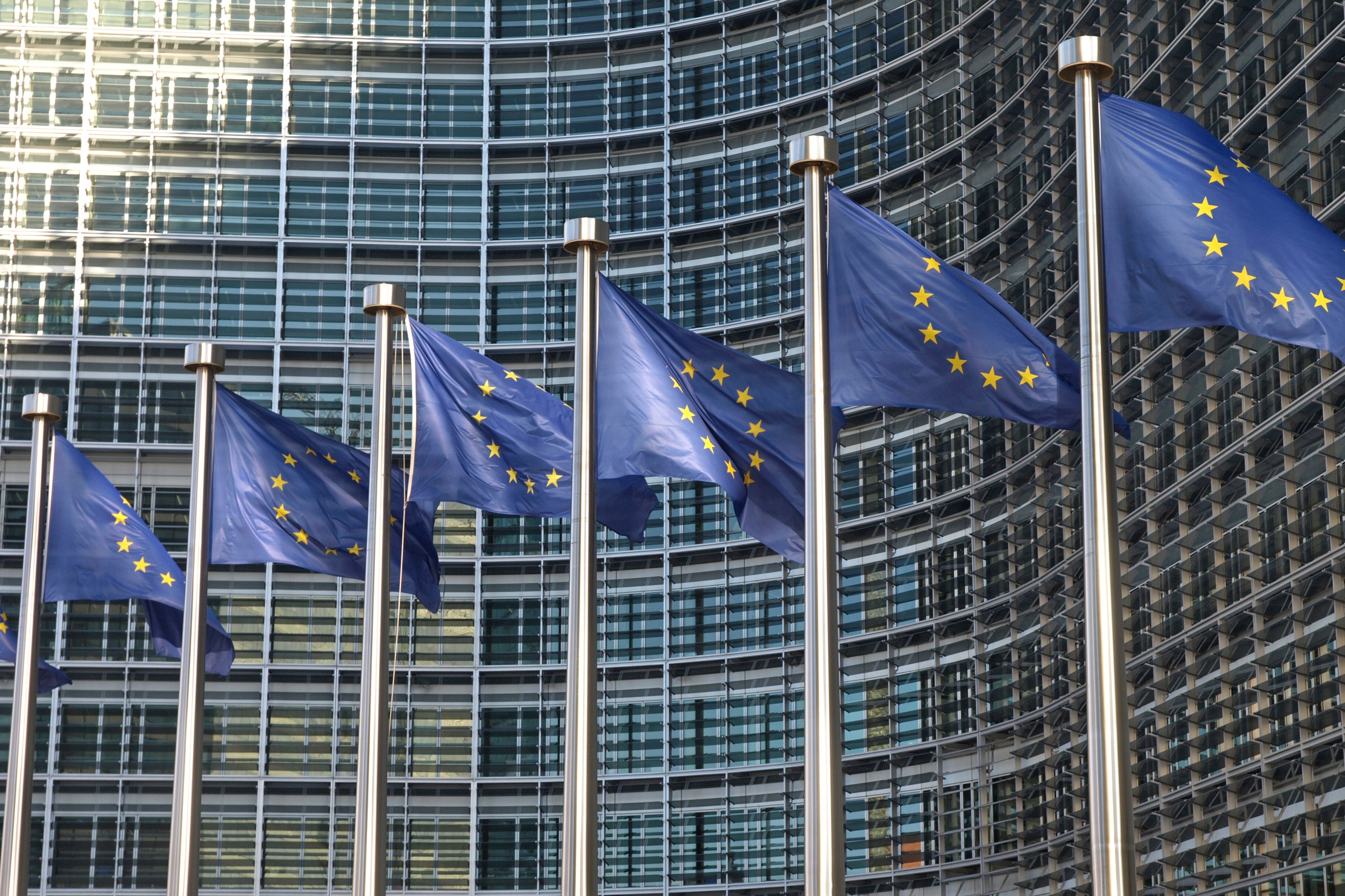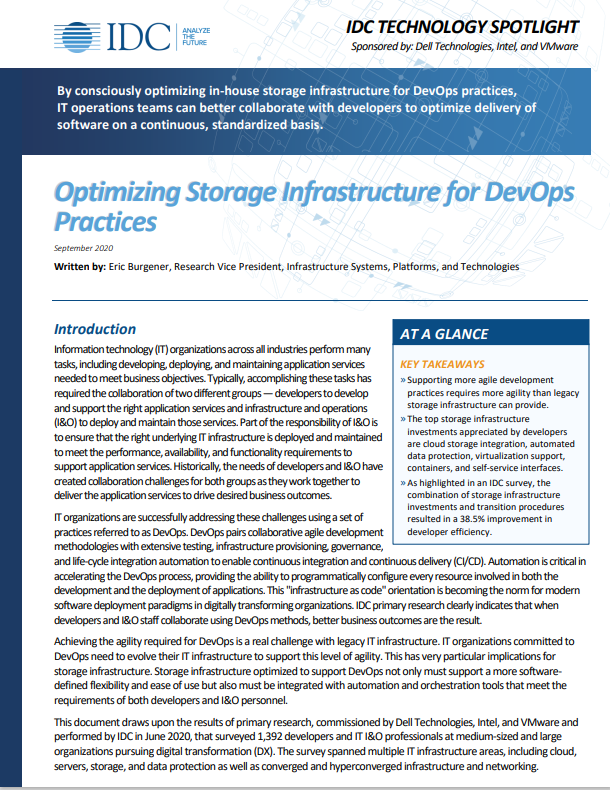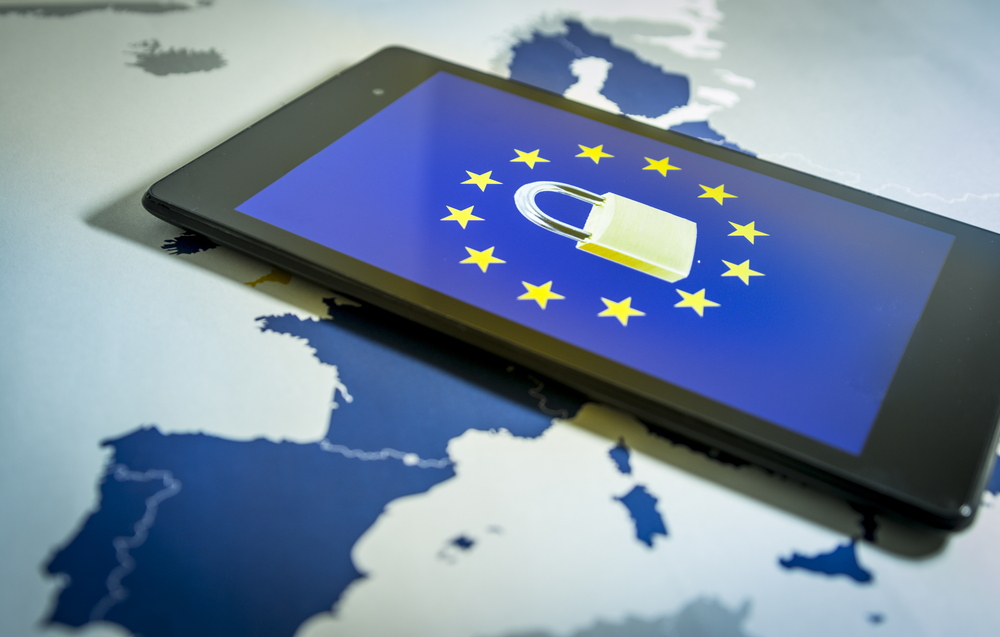GCHQ’s mass data collection practices breached human rights law, European court rules
Surveillance methods disclosed by Edward Snowden in 2013 ruled illegal in landmark ruling


The European court of human rights (ECHR) has ruled GCHQ's mass surveillance programmes violated privacy rights, and lacked the necessary safeguards to ensure collected data was protected.
Judges ruled the agency breached Articles 8 and 10 of the European Convention on Human Rights (ECHR), concerning privacy and freedom of expression respectively, in its data collection methods disclosed by Edward Snowden in 2013.
"This landmark judgment confirming that the UK's mass spying breached fundamental rights vindicates Mr Snowden's courageous whistle-blowing and the tireless work of Big Brother Watch and others in our pursuit for justice," said Big Brother Watch director Silkie Carlo.
"Under the guise of counter-terrorism, the UK has adopted the most authoritarian surveillance regime of any Western state, corroding democracy itself and the rights of the British public."
The landmark case, brought by several rights groups including Big Brother Watch, Liberty and Amnesty International, considered three aspects of surveillance: intelligence sharing, obtaining communications data from service providers, and bulk interception of communications.
While the latter two aspects were found to represent a violation of human rights law, judges ruled intelligence sharing with foreign governments did not contravene either Article 8 or Article 10 of the ECHR.
While bulk data collection did not in itself violate the ECHR, according to the judgement, the practice of obtaining communications data from service providers via interception was not in accordance with the law, and therefore was in violation of Article 8.
Get the ITPro daily newsletter
Sign up today and you will receive a free copy of our Future Focus 2025 report - the leading guidance on AI, cybersecurity and other IT challenges as per 700+ senior executives
While representing the privacy rights set out in Article 8, the practice also violated Article 10, freedom of expression, "as there were insufficient safeguards in respect of confidential journalistic material".
The ECHR also concluded there was a "lack of oversight of the entire selection process" and that safeguards were not "sufficiently robust to provide adequate guarantees against abuse".
"The Court has put down a marker that the UK government does not have a free hand with the public's communications and that in several key respects the UK's laws and surveillance practices have failed," said Dan Carey, who represented the applicants in the ECHR.
"In particular, there needs to be much greater control over the search terms that the government is using to sift our communications. The pressure of this litigation has already contributed to some reforms in the UK and this judgment will require the UK government to look again at its practices in this most critical of areas."
The Strasbourg-based court wrapped three separate challenges being made against the UK into one ruling, which was marked by an initial hearing in November 2017. Its final decision represents the most significant challenge to the government's intelligence gathering practices made to date.
The UK government has maintained its mass data collection practices, as revealed in the Edward Snowden leaks, are necessary to fight extremism.
But its Investigatory Powers Act 2016 which legalised many of these practices under domestic law was found to have violated European law in a UK High Court ruling earlier this year. The court gave ministers until 1 November 2018 to make changes to the legislation.
"The Investigatory Powers Act 2016 replaced large parts of the Regulation of Investigatory Powers Act (RIPA) which was the subject of this challenge," a government spokesperson told IT Pro. "This includes the introduction of a double lock' which requires warrants for the use of these powers to be authorised by a Secretary of State and approved by a judge.
"An Investigatory Powers Commissioner has also been created to ensure robust independent oversight of how these powers are used. The Government will give careful consideration to the Court's findings."

Keumars Afifi-Sabet is a writer and editor that specialises in public sector, cyber security, and cloud computing. He first joined ITPro as a staff writer in April 2018 and eventually became its Features Editor. Although a regular contributor to other tech sites in the past, these days you will find Keumars on LiveScience, where he runs its Technology section.
-
 Bigger salaries, more burnout: Is the CISO role in crisis?
Bigger salaries, more burnout: Is the CISO role in crisis?In-depth CISOs are more stressed than ever before – but why is this and what can be done?
By Kate O'Flaherty Published
-
 Cheap cyber crime kits can be bought on the dark web for less than $25
Cheap cyber crime kits can be bought on the dark web for less than $25News Research from NordVPN shows phishing kits are now widely available on the dark web and via messaging apps like Telegram, and are often selling for less than $25.
By Emma Woollacott Published
-
 Strengthening your data resilience strategy
Strengthening your data resilience strategywebinar Safeguard your digital assets
By ITPro Published
-
 Analyzing the economic benefits of Trend Micro Vision One
Analyzing the economic benefits of Trend Micro Vision OneWhitepaper Trend Micro Vision One as a solution to cyber risks
By ITPro Published
-
 Oracle to build sovereign cloud regions in the EU for 2023
Oracle to build sovereign cloud regions in the EU for 2023News The cloud giant will launch the first two regions in Germany and Spain
By Zach Marzouk Published
-
 EU votes to implement Digital Markets Act
EU votes to implement Digital Markets ActNews New DMA legislation aims to prevent big tech companies from giving preferential treatment to their own products and services
By Daniel Todd Published
-
 KRI basics for IT governance
KRI basics for IT governanceWhitepaper How information technology & information security can implement this crucial part of risk management
By ITPro Published
-
 Optimising storage infrastructure for DevOps practices
Optimising storage infrastructure for DevOps practicesWhitepaper Maintaining IT infrastructure to best support application services
By ITPro Published
-
 Google accused of 'deceptive' location tracking in fresh US lawsuit
Google accused of 'deceptive' location tracking in fresh US lawsuitNews The tech giant said the case is based on inaccurate claims and outdated assertions about its settings
By Zach Marzouk Published
-
 EU to unveil plans for 'bloc-wide' digital wallet
EU to unveil plans for 'bloc-wide' digital walletNews Plans for a biometrically secured app to be revealed on Wednesday and could be fully operational by next year
By Bobby Hellard Published